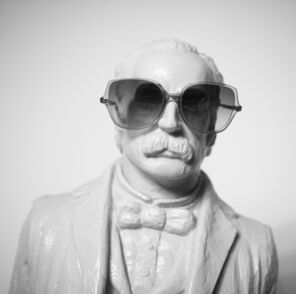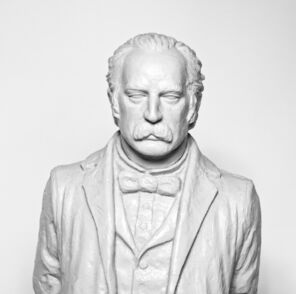Have any questions?
+44 1234 567 890
Integrated Working Group "Mental Health
In the Integrated Working Group Mental Health*, we implement theory-building, applied, and method-reflexive research projects. We use the term health* in the plural and with an asterisk to include physical, emotional, mental, social, spiritual, and other forms of well-being as well as their impairments, and to question the associated sick/healthy binary.
We have diverse personal, disciplinary, and professional backgrounds of knowledge and experience. This diversity enables research across perspectives and methods. In most of the projects, scientific staff members work who have experience with mental crises, impairments, illnesses, or deviations from the norm. Thus, they contribute a variety of experiences, e.g. with the care system, with recovery or dealing with complaints, as well as self-help and self-advocacy work. In the following, these researchers are called researchers with experiential expertise.
Our projects are set up in different ways: some are participatory in nature, others are primarily collaborative in their approach, meaning a collaboration between researchers with and without experiential expertise on the level of a research team (a weaker form of co-production). Other projects are user/survivor-controlled, meaning that researchers with experiential expertise work independently on the design, methods, or theory, drawing on their reflexive positionality. Some projects focus on epistemological and theoretical issues in the field of mental health*, others deal with questions of psychiatric and psychosocial care or alternatives to it.
All projects involving researchers with experiential expertise are pooled within our IAG as the Mental Health Co-Lab*. This includes joint scientific projects, e.g. methodological research, but also other activities, e.g. networking within the IAG or beyond.
For more information, please use our German website.


